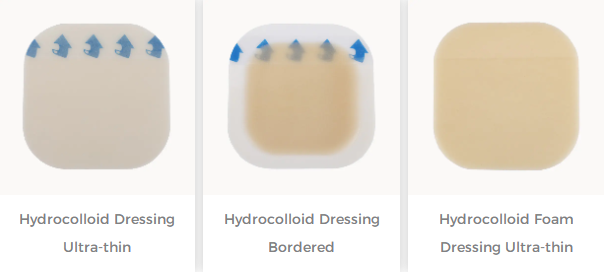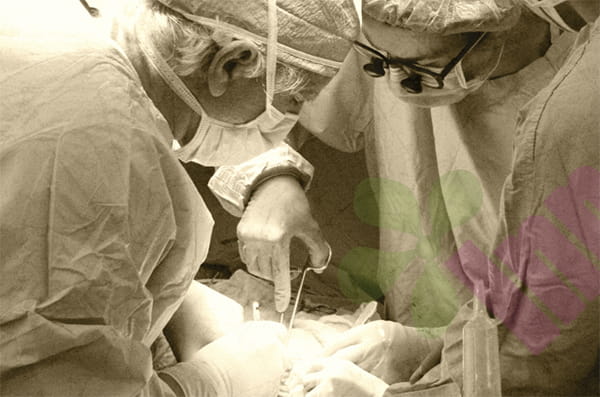Wound healing is a complex process involving multiple biological and chemical factors. While certain medications and treatments can speed wound healing, there are some potential risks associated with high daily doses.
What factors affect wound healing?
One of them is nutritional status: the quality of nutritional status will directly or indirectly affect wound healing. The lack of protein, especially the lack of sulfur-containing amino acids, often leads to poor or slow regeneration of tissue cells, and the formation of granulation tissue is hindered. The lack of vitamins, especially vitamin C, will hinder the function of fibroblasts in synthesizing collagen, and also affect their transformation into fibroblasts; the lack of vitamin A, vitamin B2, and vitamin B6 will lead to poor fibrosis. When the trace element zinc is deficient, the regeneration ability and speed of tissue cells will be slowed down, so that the wound healing will be delayed.
How do foods rich in vitamin C help promote wound healing?
Vitamin C is an important nutrient that is essential for human health. It has many important physiological functions in the human body, including anti-oxidation, immune regulation, and cell signal transmission. In addition, vitamin C also promotes the synthesis of collagen, which is necessary for wound healing. For this reason, many believe that taking large daily doses of vitamin C can speed up wound healing.
However, the findings of the studies are not entirely consistent. In some studies, vitamin C appeared to accelerate wound healing, while in others, no such effect was found. In addition, some studies have shown that excessive vitamin C intake may cause adverse reactions such as diarrhea, nausea, and gastrointestinal discomfort.
When evaluating whether vitamin C can help speed wound healing, factors such as its dose, formulation, and method of use need to be considered. In general, vitamin C supplements in moderate amounts are safe for healthy people, but excessive intake of vitamin C may increase the risk of bleeding. Therefore, when taking vitamin C supplements, you should follow the recommended dosage and usage, and follow your doctor's advice.
For the mechanism of wound healing, there are many factors involved. Wound healing is a complex biological process involving multiple aspects such as cell proliferation, tissue construction, and inflammatory response. Therefore, the mechanism by which vitamin C promotes wound healing remains a mystery. However, some research suggests that vitamin C may promote wound healing by increasing levels of oxidative stress in skin cells. In addition, vitamin C also promotes the synthesis of collagen, which is necessary for wound healing.
In conclusion, while some studies have shown that high daily doses of vitamin C can speed up wound healing, others have found no such effect. Additionally, excess vitamin C intake may increase the risk of bleeding. Therefore, when choosing vitamin C supplements, we should weigh the pros and cons and formulate the best treatment plan according to the specific situation and the needs of patients. At the same time, patients should also use the drug according to the dosage and course of treatment under the guidance of a doctor to avoid potential risks and side effects. Other safer and more effective treatment options, such as surgery, dressings, and rehabilitation programs, should also be emphasized in promoting wound healing.
For more information on Innomed® Hydrocolloid Dressing, Refer to the Previous Articles. If you have customized needs, you are welcome to contact us; You Wholeheartedly. At longterm medical, we transform this data by Innovating and Developing Products that Make Life Life easier for those who need loving care.
Editor: kiki Jia
Date: May 9, 2023

 English
English عربى
عربى Español
Español русский
русский 中文简体
中文简体








